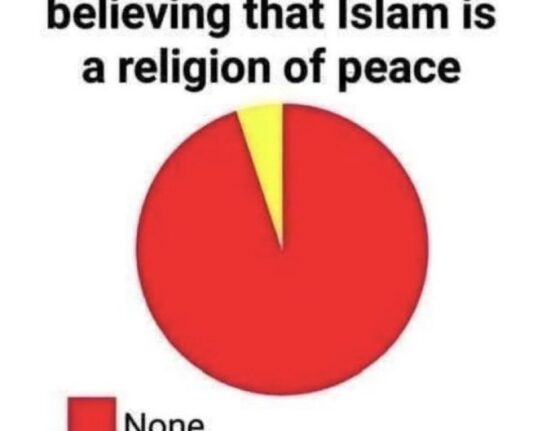In a recent television interview with Germany’s public broadcaster WDR, German Chancellor candidate Friedrich Merz expressed deep concern over Israel’s escalating attacks in Gaza. Merz, known for his diplomatic approach, highlighted his intention to reach out to Israeli Prime Minister Benjamin Netanyahu to discuss the unfolding situation. The seasoned politician voiced his bewilderment at the objectives of the Israeli military’s relentless bombardment of Gaza, emphasizing that civilian suffering in the region could no longer be justified under the guise of combating terrorism.
Merz’s stance reflects a growing sentiment of unease and disillusionment with the ongoing violence in Gaza, resonating not only within Germany but across international corridors. His decision to engage directly with Netanyahu underscores the gravity of the situation and the urgent need for dialogue to address the humanitarian crisis unfolding in the region. As a prominent figure in European politics, Merz’s comments carry weight and may prompt broader discussions on the complexities of the Israeli-Palestinian conflict.
The Israeli Defense Forces (IDF) have intensified their airstrikes on Gaza throughout May, alarming global observers and humanitarian agencies. Reports indicating IDF’s plans to occupy a significant portion of the Gaza Strip in the coming months have raised concerns about the escalation of hostilities and the impact on civilian populations trapped in the conflict zone. The specter of a prolonged military occupation looms large, casting a shadow of uncertainty over the already volatile region.
Amidst the backdrop of mounting tensions, Merz’s call for restraint and dialogue serves as a beacon of hope in a landscape marred by violence and suffering. His diplomatic overtures and commitment to engaging with Israeli leadership underscore the importance of fostering communication and seeking peaceful resolutions to entrenched conflicts. As the world watches the situation in Gaza unfold, Merz’s initiative offers a glimmer of optimism in an otherwise bleak narrative of conflict and destruction.
The complexities of the Israeli-Palestinian conflict defy easy solutions, requiring nuanced approaches and genuine efforts towards reconciliation. Merz’s willingness to challenge the status quo and advocate for dialogue underscores the imperative of diplomatic engagement in resolving protracted conflicts. As the international community grapples with the repercussions of escalating violence in Gaza, voices like Merz’s remind us of the pressing need for empathy, understanding, and a steadfast commitment to peacebuilding.
In conclusion, Merz’s candid remarks not only highlight the urgency of addressing the humanitarian crisis in Gaza but also emphasize the power of diplomacy in navigating complex geopolitical challenges. As leaders grapple with conflicting interests and entrenched narratives, the call for dialogue and restraint echoes loudly, urging stakeholders to prioritize human lives and pave the way for a more peaceful future in the region. In a world plagued by turmoil and division, Merz’s advocacy for dialogue stands as a testament to the enduring value of diplomacy in fostering understanding and forging pathways to lasting peace.









Leave feedback about this